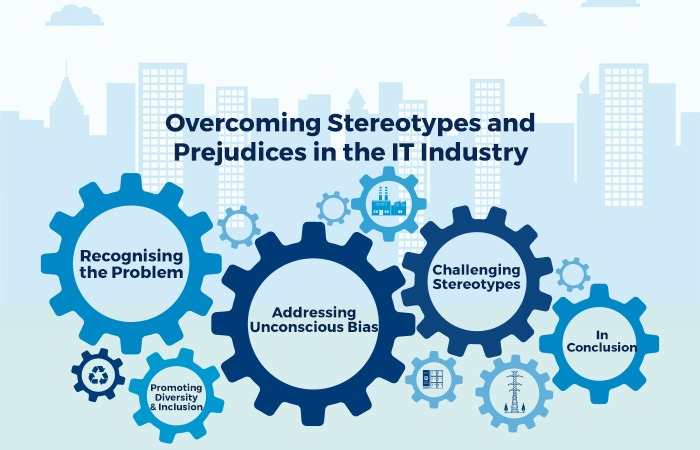Covid has changed the world as we know it. The pandemic caused organisations to think on the spot and take decisions quickly depending on the changed situation on a daily basis.
While many organisations survived and thrived, many buckled under the pressure of the economic and social effects the pandemic had on their companies. The situation remains precarious and organisations are learning to accept the unprecedented challenges and adapt.
One of the biggest challenges during these tough times has been that of transparent communication.
While everyone accepts the importance of transparent and clear communication during a crisis like this, execution remains a big challenge.
Why is transparent communication important during a crisis?
Ensure Employee Engagement – Desperate times need all employees to be engaged and work with self-motivation. However, uncertainty created by the pandemic can lead to increased stress and reduced involvement in work, putting employee engagement on trial. Hence, it is important to communicate, connect and collaborate with all the employees working remotely and from office to keep them engaged.
Avoid Misinformation – In the current world of information overload, employees depend on true and factual information coming from the correct source. If not, there are chances of misinformation and gossip finding its way into the system, leading to negative environment.
Build Trust – Communicating frequently and transparently helps the employees believe that the management is aware of the situation and is working towards finding solutions. It helps build trust.
Better Collaboration – Good two-way communication between teams and managers helps create cohesion and provides better productivity.
How can you ensure transparent and effective communication?
Communicate Clearly and Frequently
Most important part of communicating during crisis is that you need to inform them about what you know and what you don’t clearly. Being transparent & honest about the situation is the key. Employees are looking at leaders for information regarding the crisis. It is critical to provide frequent and authentic information.
All the members of the leadership team need to be consistent in what they communicate and let the team know that they are in it together.
Be Empathetic
Tough times involve taking some tough decisions and conveying bad news. The only way to do it is with a lot of empathy. Do not put off the task. Try and communicate personally wherever you can.
Pandemic forced Airbnb to lay off 25% of the staff. Airbnb CEO Brian Chesky himself wrote a mail to his team addressing the impending layoffs. Through the letter, he tried to remind all the employees that the “decisions regarding layoff are not a reflection of the work from people on these teams”. His letter recognises the work done by every member of the team and asks them to hold their head high knowing that they are respected and valued.
Make it Two-Way Communication
Uncertainty leads to frayed nerves and low morale. Employees don’t just want to be informed about what it is happening. They also want to be heard. They want to share their story and work/life issues.
Working remotely, managing home, children, illness, etc can take its toll on the mental and physical health. Create avenues where everyone – leaders and teams, can share how they are impacted by the pandemic and how they are coping with it.
Create a culture that encourages open communication between teams, managers and top management.
Now is a good time to create a culture that focuses on open & transparent communication. Focussing on more honest, authentic and effective communication strategy can help bring about the much-needed change in your company’s culture to create an inclusive and more engaged workplace.













